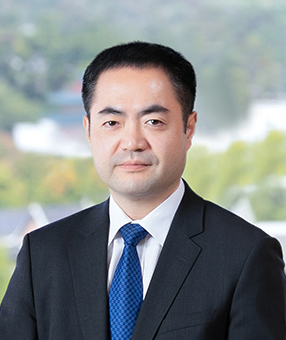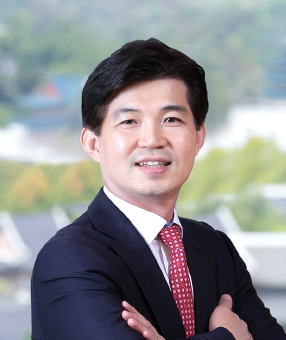The Korean tax authority assessed withholding tax to major virtual asset exchanges in Korea including the taxpayer in this case on the ground that the withdrawal amount paid by the virtual asset exchanges to their non-resident customers constituted Korean source other income. On December 26, 2024, the Supreme Court upheld the Seoul High Court’s decision (dismissal without further deliberation) that the withholding tax assessment was unlawful as it violated the principle of “no taxation without law.” Broadly, this principle requires that the basis for taxation must be stipulated in the tax law.
The Korean tax authority’s basis for the withholding tax assessment was that the withdrawal amount paid to non-resident customers represented either other income from “Korean assets” or other income from “assets located in Korea” under Article 119 of the Individual Income Tax Law (“IITL”).
In the lower and appellate courts, the courts explained the well-established legal principle that (i) “no taxation without law” requires tax laws to be strictly interpreted according to their text unless there are special circumstances, and expansive or analogous interpretation without reasonable grounds is prohibited, and that (ii) since the IITL adopts a positive taxation system under which only the items of income prescribed in the IITL may be subject to tax, any item of income not prescribed in the IITL is excluded from taxation. The lower and appellate courts went on to rule that the withholding tax assessment in this case is in violation of the principle of “no taxation without law” on the following grounds:
-
Considering the characteristic of virtual assets being value recorded on a distributed ledger using blockchain technology, it is difficult to conclude that the virtual assets traded on the taxpayer’s exchange in Korea constitute “Korean assets” or “assets located in Korea” in the absence of a specific law designating them as such;
-
While the IITL was amended in 2020 following the withholding tax assessments to provide new rules for taxation of virtual assets, such provisions should be considered as newly establishing the basis for taxation of virtual assets, and thus can only be applied prospectively; and
-
In order to impose tax on other income or capital gains, the method of calculating the income or tax base should be prescribed in the tax law. In the absence of such provisions on the calculation of income from virtual assets under the former IITL, if tax is imposed on such income based on the interpretation that it constitutes other income from “Korean assets” or “assets located in Korea,” this will likely result in expansive or analogous interpretation in the process of calculating the tax base and tax amount, causing uncertainty.
The ruling is meaningful in that it clarifies that, under the principle of “no taxation without law,” new types of assets such as virtual assets, cannot be taxed by expansive or analogous interpretation of the existing provisions or by retroactive application of the new provisions prescribing the basis for taxation of virtual assets before they are introduced in the tax law.
Kim & Chang successfully represented the taxpayer in this case by bringing about the Supreme Court’s final decision in favor of the taxpayer through a careful factual and legal analysis and research. As a result of this Supreme Court decision, withholding tax assessments of other virtual asset exchanges in Korea are likely to be cancelled upon appeal in accordance with this Supreme Court decision.
Related Topics
#Virtual Asset #No Taxation Without Law #IITL #Tax #Legal Update








